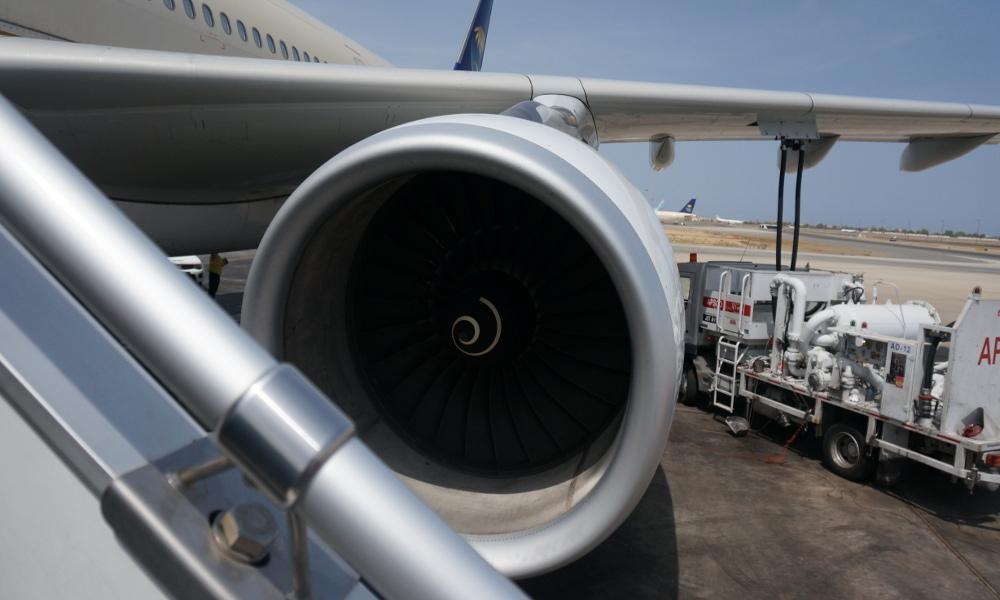
Rolls-Royce is pursuing a significant restructuring of its manufacturing operations to cope with reduced demand.
The main changes involve the transfer of aero-engine parts and structures manufacturing from UK facilities to Spanish subsidiary ITP Aero, despite ongoing plans to sell ITP to boost Rolls-Royce’s liquidity.
While some manufacturing work will remain in the UK, the restructuring and planned ITP sale means that Rolls-Royce is preparing to outsource a significant part of its aero-engine production.
“This is a very difficult proposal to make, but we cannot afford to retain every Rolls-Royce factory that was supported by demand that has been dramatically reduced by the pandemic,” said Chris Collerton, president of civil aerospace at Rolls-Royce.
He added: “No government support scheme can replace sustainable customer demand and no government can sign-up to extending the sort of short-term measures we have been very grateful for, over multiple years.”
Notable by their absence from the latest restructuring plan were the OEM’s maintenance activities, which it seems keen to protect, noting that “we must reduce our manufacturing capacity and cost base in order to protect our remaining workforce”.
This is unsurprising given that Aviation Week forecasts that Rolls-Royce will be the largest engine MRO provider over the next decade, accounting for $38.6 billion of demand, roughly $6 billion more than second-placed GE Aviation.
Driving that demand for the much of the decade will be the Trent 700, which is expected to account for $2 billion of maintenance work next year, then rise to peak of $3.6 billion in 2024 before falling back to $2 billion by 2030, according to Aviation Week’s 2021 Fleet & MRO Forecast.
The Trent XWB will replace it as Rolls-Royce’s most important maintenance driver towards the end of decade, hitting $2.5 billion of demand in 2027 and $3.3 billion in 2030.





